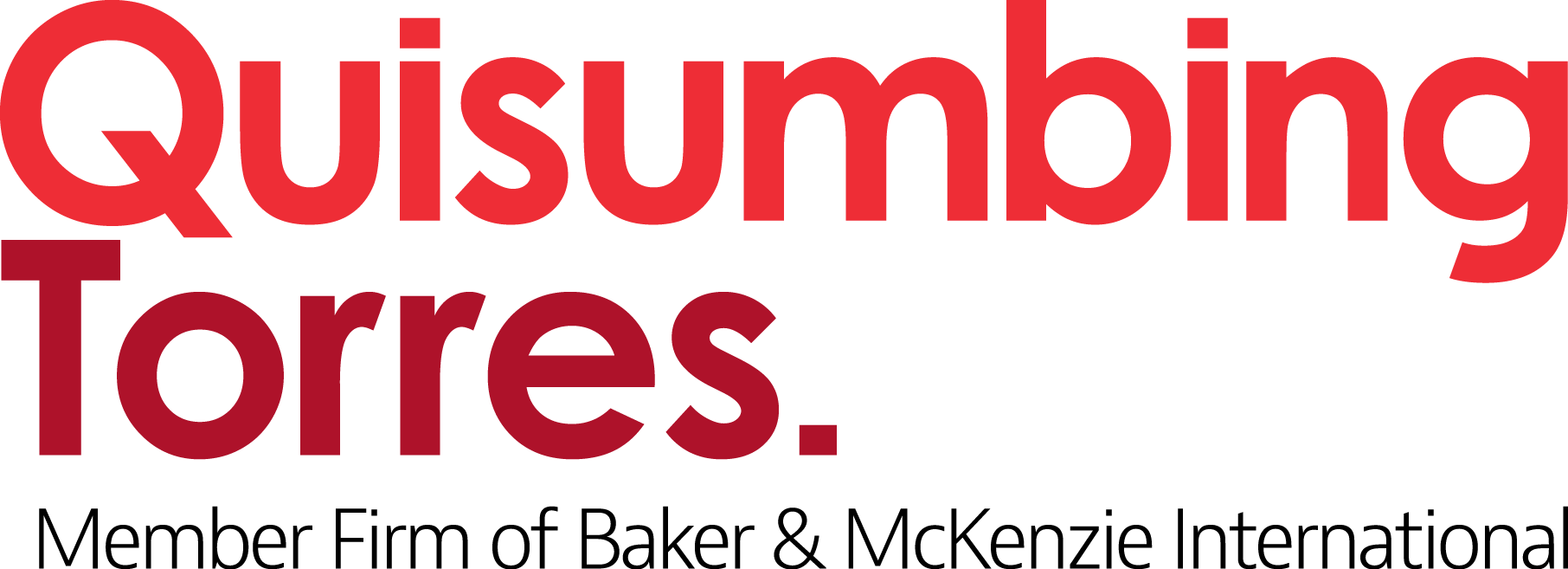In brief
This is an update to our earlier client alert on Senate Bill 1754.
The updated Senate Bill (2094) introduces several changes to the earlier version, such as: (a) the inclusion of petroleum and petroleum products pipeline transmission or distribution systems, airports, seaports, public utility vehicles, and expressways and tollways among the list of public services considered as “public utilities,” subject to a 40% foreign ownership limit; and (b) the classification of telecommunications, air carriers, domestic shipping, railways and subways as “critical infrastructures” — not “public utilities” — which are exempt from the foreign ownership limitation but only if reciprocity is accorded to Filipino nationals through law or treaty.
Senate Bill 2094 is now with the bicameral conference committee, which is the last step before the bill is sent to the Office of the President for signing.
Contents
- Recent Developments
- Notable Changes from the Previous Version of the Bill
- Next Steps
- Why the Senate Bill is Relevant to You
Recent Developments
This is an update to our earlier client alert on Senate Bill 1754 which seeks to amend the Public Service Act, with a view to limiting the foreign equity restrictions imposed by the Philippine Constitution on “public utilities.” Please read our earlier client alert on Senate Bill 1754 for a more comprehensive discussion on the salient points of the proposed law.
The updated Senate Bill No. 2094 was approved by the Senate on 15 December 2021. It introduces several changes to the earlier version, such as: (a) the inclusion of airports, seaports, public utility vehicles, and expressways and tollways among the list of public services considered as “public utilities” subject to a 40% foreign ownership limitation; and (b) the classification of telecommunications, air carriers, domestic shipping, railways and subways as “critical infrastructures” — not “public utilities” — which are exempt from the foreign ownership limitation but only if reciprocity is accorded to Filipino nationals through law or treaty.
On 17 December 2021, the House of Representatives agreed to the Senate’s request for a conference to reconcile disagreeing provisions with House Bill No. 78, the Senate Bill’s counterpart in the House of Representatives. Senate Bill 2094 is now with the bicameral conference committee, which is the last step before the bill is sent to the Office of the President for signing.
Notable Changes from the Previous Version of the Bill
Senate Bill 2094 continues to limit the industries that are considered “public utilities” (and thus subject to the 40% foreign ownership limitation), by enumerating as “public utilities” only the public services that operate, manage or control the following: (a) distribution or transmission of electricity; (b) petroleum and petroleum products pipeline transmission or distribution systems; (c) water pipeline distribution systems and wastewater pipeline systems; (d) airports; (e) seaports; (f) public utility vehicles; and (g) expressways and tollways.
Consequently, if Senate Bill 2094 passes into law, all public services outside of the above enumeration will no longer be treated as public utilities that are subject to the 40% foreign ownership limitation. Some public services, however, are considered “critical infrastructures” under Senate Bill 2094 and subject to certain limitations.
Senate Bill 2094 introduces the following changes from Senate Bill 1754:
- The following public services are considered “critical infrastructure” under Senate Bill 2094: telecommunications, air carriers, domestic shipping, railways and subways.
- “Critical infrastructure” is defined as “systems and assets, whether physical or virtual, so vital to the Republic of the Philippines that the incapacity or destruction of such systems or assets would have a debilitating impact on national security.” While they will not be considered as “public utilities,” they are nevertheless subject to certain restrictions.
- Foreign nationals are still allowed to own more than 40% of capital in public services engaged in the operation and management of critical infrastructure, but only if the country of such foreign national accords reciprocity to Philippine nationals under foreign law or a treaty.
- Critical infrastructures are subject to certain responsibilities. For instance, in the event of service interruptions, operators of critical infrastructures are required to act on customer complaints or provide an action plan within one day. They also need to submit monthly reports detailing service interruptions, complaints and actions taken on each complaint. Further, they are required to obtain certifications from an accredited body attesting to their compliance with information security standards.
- Petroleum and petroleum products pipeline transmission or distribution systems, airports, seaports, public utility vehicles, and expressways and tollways were added to the list of public services considered as “public utilities” under Senate Bill 2094. The effect of this inclusion is that these industries will continue to be considered as subject to the 40% foreign ownership limit under Article XII, Section 11 of the Philippine Constitution, which states: “No franchise, certificate, or any other form of authorization for the operation of a public utility shall be granted except to citizens of the Philippines or to corporations or associations organized under the laws of the Philippines at least sixty per centum of whose capital is owned by such citizens…”
Next Steps
Congress has already designated the representatives and senators who will form part of the bicameral conference committee. The committee will try to harmonize the provisions of the House and Senate versions of the bill, and further changes may still be introduced to the final version of the law. Once finalized, the bill will be ratified by Congress and sent to the president of the Philippines for approval.
Why the Senate Bill is Relevant to You
If Senate Bill No. 2094 becomes law, businesses in the public services sector will need to exercise heightened vigilance in ensuring compliance with the law, the rules and regulations of the relevant agencies, and the terms and conditions of their respective authority. This is especially true for businesses that are considered public utilities or critical infrastructures, given the additional responsibilities imposed upon them. On the other hand, businesses in the public services sector should be ready to face the challenges of competition in the market resulting from expected increase in investments due to the lifting of the foreign equity restrictions.

Please contact QTInfoDesk@quisumbingtorres.com for inquiries.




